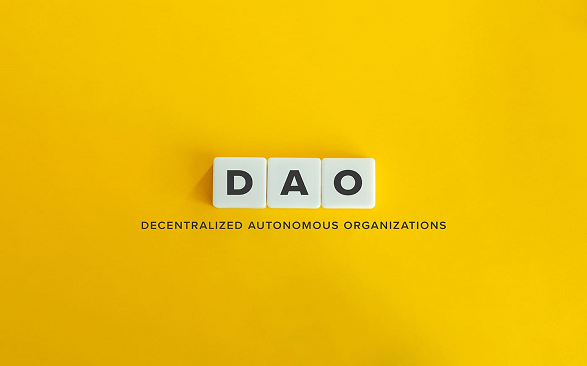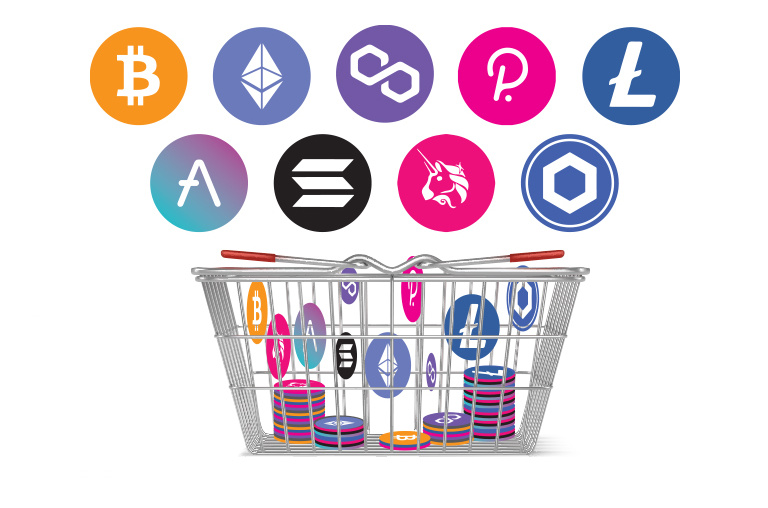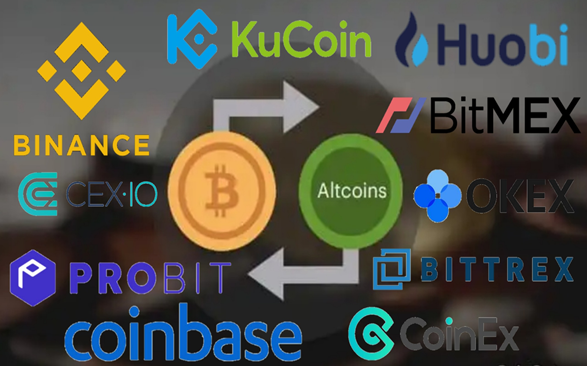by King-son Ariweriokuma, Chief Marketing Officer (CMO), Boundlesspay
As a blockchain expert and someone who is passionate about DAOs, I am excited to discuss how decentralized autonomous organizations (DAOs) can be used for self-governance. DAOs are community-run organizations that rely on blockchain technology to achieve their goals. They operate on a decentralized network, with no single point of control or authority. This allows for a more democratic and transparent decision-making process, where all members have an equal say in the direction of the organization.
DAOs are governed by their members, who hold tokens that represent their stake in the organization. These tokens can be used to vote on proposals and elect members of the governing body. The rules that govern a DAO are encoded in smart contracts, which are self-executing contracts that automatically enforce the rules and regulations of the organization. This ensures that the organization operates in a transparent and fair manner, with no room for corruption or manipulation.
Key Features of a DAO
1. Decentralized governance
One of the key features of a DAO is its decentralized governance structure. Instead of having a centralized authority that makes all the decisions, a DAO relies on its members to make important decisions through a voting process. This allows for a more democratic and transparent decision-making process, where all members have an equal say in the direction of the organization.
2. Equal access to information
DAOs can also provide access to information that is normally not available to the general public. This is because DAOs operate on a decentralized network, where information is stored on multiple nodes across the network. This ensures that the information is not controlled by any single entity and is accessible to anyone who has access to the network. This feature is particularly important in areas where access to information is restricted or limited.
2. Community-focused on social good
DAOs have the potential to bring about significant social good. This is because they are designed to operate in a transparent and democratic manner, with a focus on community involvement and consensus. DAOs can be used to address social and environmental issues, such as poverty, climate change, and inequality. For example, a DAO can be created to address issues of poverty in a particular region. Members of the DAO can come together to propose and vote on initiatives that aim to alleviate poverty in the region. The DAO can then use its resources to fund these initiatives and ensure that they are carried out in a transparent and accountable manner.
Similarly, a DAO can be created to address environmental issues, such as climate change. Members of the DAO can come together to propose and vote on initiatives that aim to reduce carbon emissions and promote renewable energy. The DAO can then use its resources to fund these initiatives and ensure that they are carried out in a transparent and accountable manner.
Read also: What is Blockchain Technology? Meaning, Types, and Use Cases
Disadvantages of DAOs
Lack of Legal Framework: One of the main disadvantages of DAOs is the lack of a clear legal framework. Unlike traditional companies, DAOs do not have a legal structure and are not recognized as legal entities in most jurisdictions. This can create uncertainty and risk for investors, as it is not clear how DAOs will be regulated and what legal protections investors will have in case of disputes.
Vulnerability to Hacks: DAOs are built on top of blockchain technology, which is generally considered secure. However, like any technology, blockchain is not foolproof and can be vulnerable to hacks. If a DAO is hacked, the funds held by the organization can be stolen, leading to financial losses for investors.
Lack of Governance: DAOs are designed to be decentralized, meaning that decision-making is distributed among all members of the organization. While this can lead to greater transparency and accountability, it can also make it difficult to reach consensus on important issues. In some cases, this can lead to paralysis and inaction, which can be detrimental to the success of the DAO.
Conclusion
DAOs offer a powerful tool for self-governance. By providing a transparent and democratic decision-making process, DAOs enable communities to make important decisions together. DAOs can also provide access to information that is normally not available to the general public. This makes them an ideal tool for addressing social and environmental issues, promoting transparency, and fostering community involvement and consensus. As a blockchain expert and someone who is passionate about DAOs, I believe that DAOs have the potential to revolutionize the way we organize ourselves and achieve our goals.
Discover more from Crypto Asset Buyer
Subscribe to get the latest posts sent to your email.





